简体中文
繁體中文
English
Pусский
日本語
ภาษาไทย
Tiếng Việt
Bahasa Indonesia
Español
हिन्दी
Filippiiniläinen
Français
Deutsch
Português
Türkçe
한국어
العربية
Forex Trading in the Philippines: An Overview of Currency Markets
Abstract:Forex trading in the Philippines, regulated by the SEC and BSP, is a rapidly growing market. Local banks, like Banco De Oro, provide necessary platforms and facilitate transactions for traders. The minimum investment for starting Forex trading varies, but it's crucial to invest money you can afford to lose. Exchange rates play a crucial role in Forex trading, with traders profiting from their fluctuations. A trader's success heavily depends on keeping track of factors affecting currency rates, such as inflation and political stability.
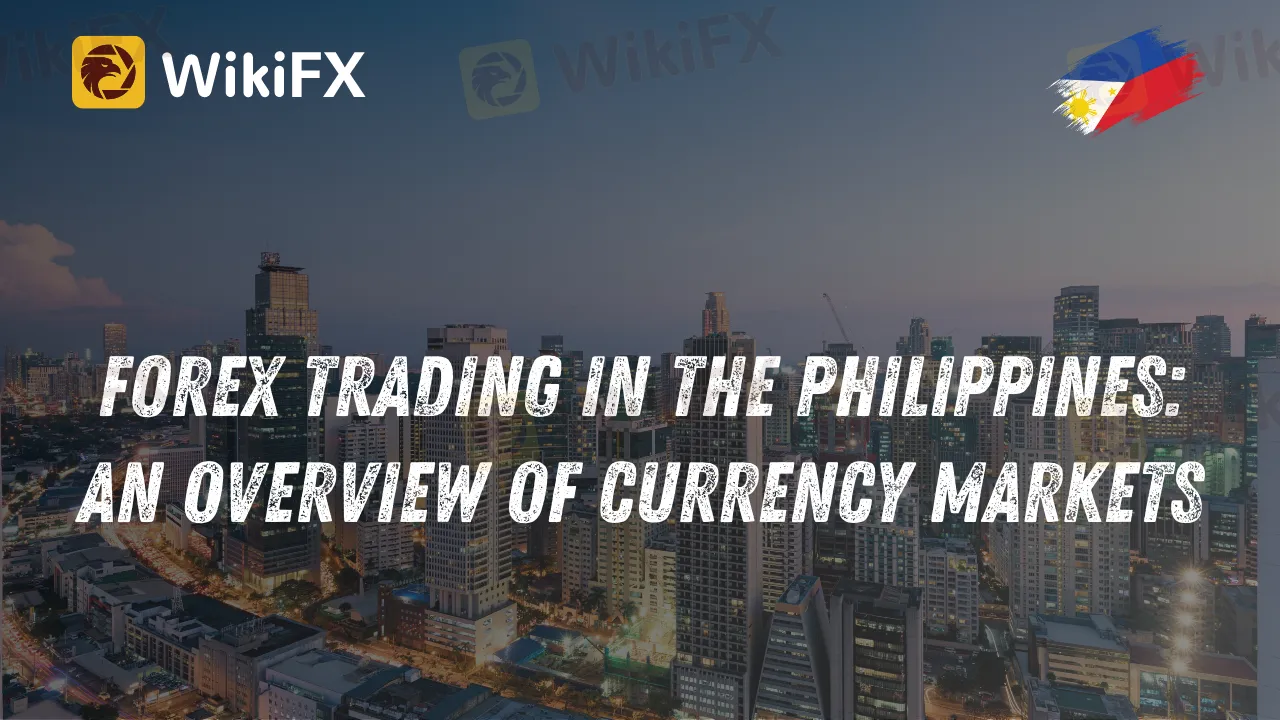
Foreign exchange, sometimes known as Forex, refers to the global market for currency trading. This world's most liquid market comprises buying, selling, and exchanging currencies at current or preset prices. Although forex trading is still relatively new in the Philippines, its popularity is rising due to the potential for profit. Before joining the world of Forex, however, one must first understand the framework under which it operates.
What are the regulations governing Forex Trading in the Philippines?Forex trading in the Philippines is governed by the Securities and Exchange Commission (SEC) and the Bangko Sentral ng Pilipinas (BSP). Both organizations guarantee that the Forex market is transparent, fair, and devoid of fraudulent activity. The BSP, in particular, provides guidelines for all registered Forex brokers, requiring them to adhere to rules and regulations concerning risk management, minimum capital, and customer protection.
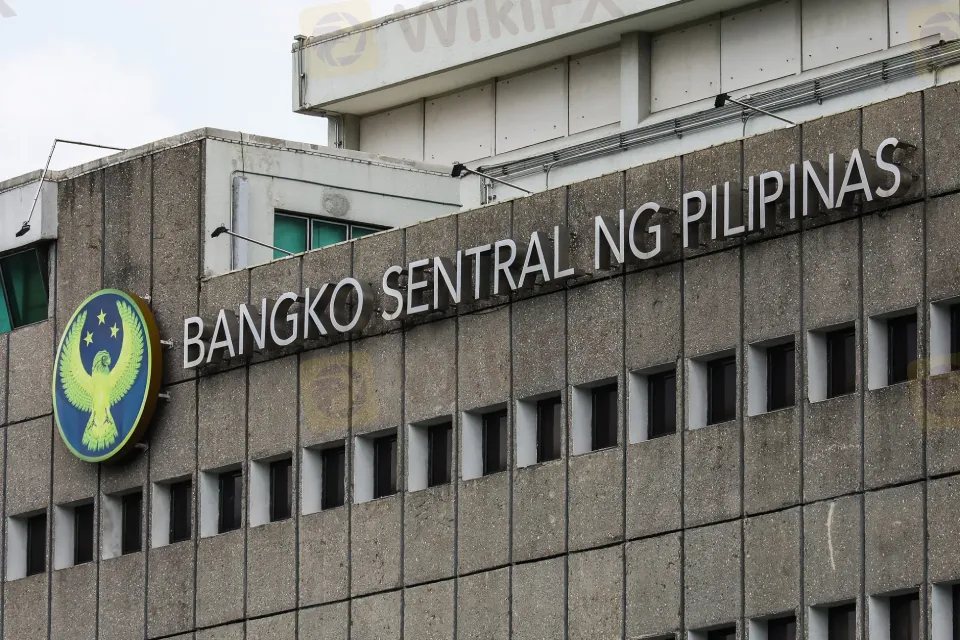
Banks are very important in the Forex market. They not only participate directly but also function as mediators between Forex traders and the market. Banks in the Philippines, such as Banco De Oro (BDO), one of the country's biggest, provide Forex trading to its clients.
How do banks like Banco De Oro support Forex trading in the Philippines?Banks like Banco De Oro support Forex trading by providing platforms where traders can buy and sell foreign currencies. They facilitate transactions and provide necessary information on Forex market trends, making trading more accessible for both novice and experienced traders. Furthermore, BDO and other banks offer competitive exchange rates, which can significantly impact a trader's profitability.

While Forex trading may seem to be an appealing endeavor, it is crucial to understand that it does need some initial cash. The minimum capital required varies greatly based on the broker and the kind of account desired. Some brokers allow traders to start with as little as $100 (about 5,000 PHP), but most need a minimum investment of $500 to $1000. Given the significant risk of Forex trading, it is suggested that you begin with money that you can afford to lose.
For those looking to start, a list of regulated brokers is available here: https://www.wikifx.com/en/best/philippines-best-forex-brokers.html. These brokers comply with the regulations set forth by the BSP and SEC, ensuring the safety of your investment.
How does the exchange rate affect Forex Trading in the Philippines?Exchange rates are the lifeblood of Forex trading. The value of a currency in relation to another currency forms the basis for Forex trading. Traders profit from the fluctuations in these rates. For instance, if the Philippine Peso strengthens against the US Dollar, a trader who bought Pesos would make a profit when selling them. Conversely, if the Peso weakens, the trader would incur a loss.
In the Philippines, the currency rate is impacted by variables such as inflation, interest rates, political stability, and economic success. Keeping an eye on these characteristics might therefore assist traders in making educated judgments about whether to purchase or sell currencies.
Bottom lineForex trading in the Philippines offers an exciting opportunity for potential investors, but it's not without its risks. With the right knowledge, the guidance of regulated brokers, and the support of reliable banking institutions like Banco De Oro, Filipino traders can navigate this complex yet potentially rewarding market. However, continuous learning and staying updated with the latest trends and news are critical to succeeding in Forex trading. To stay abreast of the latest news, consider downloading and installing the WikiFX App on your smartphone here: https://www.wikifx.com/en/download.html

Remember, the goal of Forex trading is not just to make money, but also to understand the intricacies of global economies and how they interact. Happy trading!
Disclaimer:
The views in this article only represent the author's personal views, and do not constitute investment advice on this platform. This platform does not guarantee the accuracy, completeness and timeliness of the information in the article, and will not be liable for any loss caused by the use of or reliance on the information in the article.
Related broker
Read more
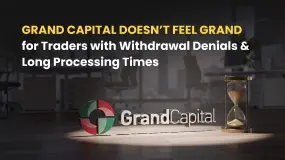
Grand Capital Doesn’t Feel GRAND for Traders with Withdrawal Denials & Long Processing Times
The trading environment does not seem that rosy for traders at Grand Capital, a Seychelles-based forex broker. Traders’ requests for withdrawals are alleged to be in the review process for months, making them frustrated and helpless. Despite meeting the guidelines, traders find it hard to withdraw funds, as suggested by their complaints online. What’s also troubling traders are long processing times concerning Grand Capital withdrawals. In this Grand Capital review segment, we have shared some complaints for you to look at. Read on!
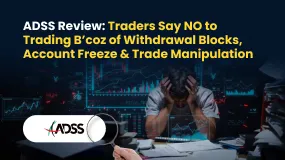
ADSS Review: Traders Say NO to Trading B’coz of Withdrawal Blocks, Account Freeze & Trade Issues
Does ADSS give you plenty of excuses to deny you access to withdrawals? Is your withdrawal request pending for months or years? Do you witness account freezes from the United Arab Emirates-based forex broker? Do you struggle to open and close your forex positions on the ADSS app? Does the customer support service fail to respond to your trading queries? All these issues have become a rage online. In this ADSS Broker review article, we have highlighted actual trader wordings on these issues. Keep reading!
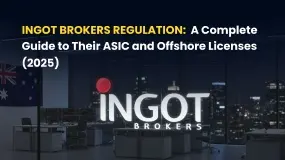
INGOT Brokers Regulation 2025: ASIC vs Offshore License - What Traders Must Know
Explore INGOT Brokers regulation in 2025: Compare their ASIC and Seychelles FSA licenses, understand trader protection levels, and learn about potential risks in this detailed guide.
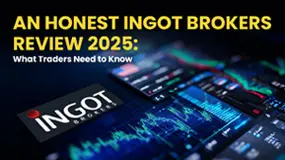
INGOT Brokers Review 2025: High Risk or Hidden Gem? Expert Analysis Reveals All
Comprehensive INGOT Brokers review exploring the broker's mixed reputation in 2025. Discover the truth about regulation, trading options, and user experiences before opening an account.
WikiFX Broker
Latest News
Mitrade Arabic Platform Targets MENA Gold Trading Boom
Israeli Arrested in Rome Over €50M Forex Scam
New FCA Consumer Alert 2025: Important Warning for All Consumers
EmiraX Markets Withdrawal Issues Exposed
Global Guide to Finding Forex IBs/Brokers — Share Your Pick and Win Big!
Consob Targets Political Deepfake “Clone Sites” and Unlicensed Platforms in Latest Enforcement Round
WikiEXPO Global Expert Interviews: Gustavo Antonio Montero: ESG in Finance
Trump tariffs are helping drive U.S. beef prices to new highs
Scam Alert: GINKGO-my.com is Draining Millions from Malaysians!
Trading Pro Review: Scam Broker Exposed
Currency Calculator



